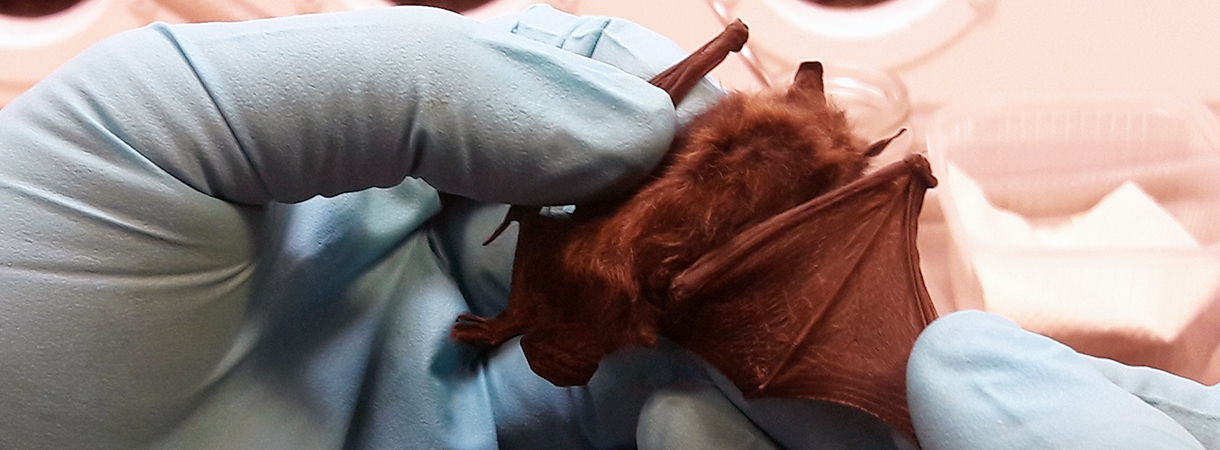RESEARCH AND TEACHING
The mission of Luomus is to conduct research and teach. We study biodiversity, environmental changes and the interaction between humans and nature. We are a hub of basic geological information, and we enable the study of the evolutionary history of organisms as well as research based on isotope methods.
The research at Luomus is of critical value for society, as it helps us to understand environmental changes and their outcomes. In order to stop the loss of biodiversity, we need first-class information on the state of biodiversity and the factors affecting it.
Research and teaching focus areas
The research profile of Luomus is based on collections and datasets, and it is unique at the University of Helsinki and in all of Finland. Luomus has many research teams whose focus areas of work and teaching include systematics and biogeography (including species identification), the geology of a changing world and research based on biological monitoring data and dating methods.
Emerging fields in the research conducted at Luomus include the protection of biodiversity, limiting climate change and isotope analyses of natural science materials. Furthermore, Luomus tries to find solutions for challenges related to environmental changes. The research work is, more and more, incorporating citizen science, i.e. the participation of citizens and cooperation with them.
The research is strongly profiled on this basic research, which gives us a good basis for understanding environmental changes, e.g. how climate change affects species. The research conducted by Luomus is crucial for society, because it enables us to understand short-term and long-term changes in the environment.
Research assessment
The research work at the University of Helsinki was internationally evaluated in 2018–2019. The scientific quality, research environment and unit viability were graded as very good, and the societal impact was deemed excellent.
The aim of the assessment was to obtain an overall view of the quality and impact of the research conducted at the university. Furthermore, the assessment helps identifying future research possibilities and supports the renewal of this research. In the previous research assessment, Luomus received a lower grade, however now Luomus was congratulated for evolving from a traditional museum to a modern and productive research and science education unit.
“Luomus has developed from a traditional museum to a modern and productive research and science education unit.“
Luomus’s strengths are its unique collections, collection-based research and long-term monitoring data sets and their accessibility through the Finnish Biodiversity Information Facility (Laji.fi). Additionally, the conducting of influential research-based education and its critical biodiversity expertise at national and international level were mentioned as strengths.
The assessment also made suggestions for how to increase the quality and impact of its research even further. To strengthen the impact and the quality of its research and teaching, Luomus should invest in mechanisms to further unleash creativity and new ways of working. Furthermore, Luomus was encouraged to pursue additional sources of funding to undertake high quality work that extends beyond its respective specialist areas. The research work should also be better presented online to increase visibility and impact.
